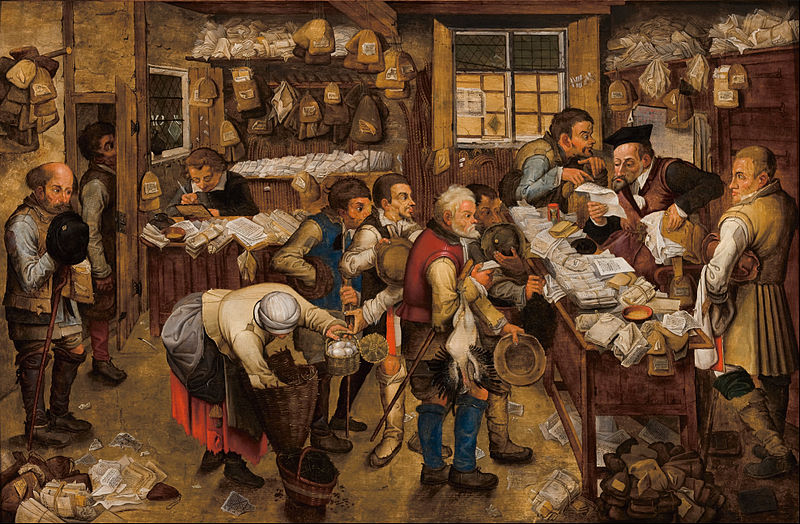
Sugar Tax’s Sour Grapes
BY
Institute for Liberal Studies / October 15, 2024
The Institute for Liberal Studies publishes an analysis of the sweetened beverage tax by Jan Šincl and Martin Pánek entitled Sugar Tax’s Sour Grapes. The prevalence of obesity is rising globally and poses a significant challenge to the health of individuals and healthcare systems. The main factor causing obesity is not sugar. It is a combination of many factors, such as caloric intake and expenditure, exercise, dietary habits...











